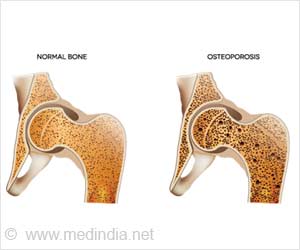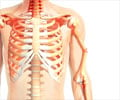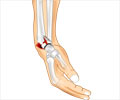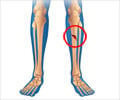New genetics study can help resolve key components of fracture risk in osteoporosis. Bone mineral density (BMD) and muscle strength play a potentially causal role in the risk of suffering an osteoporotic fracture.
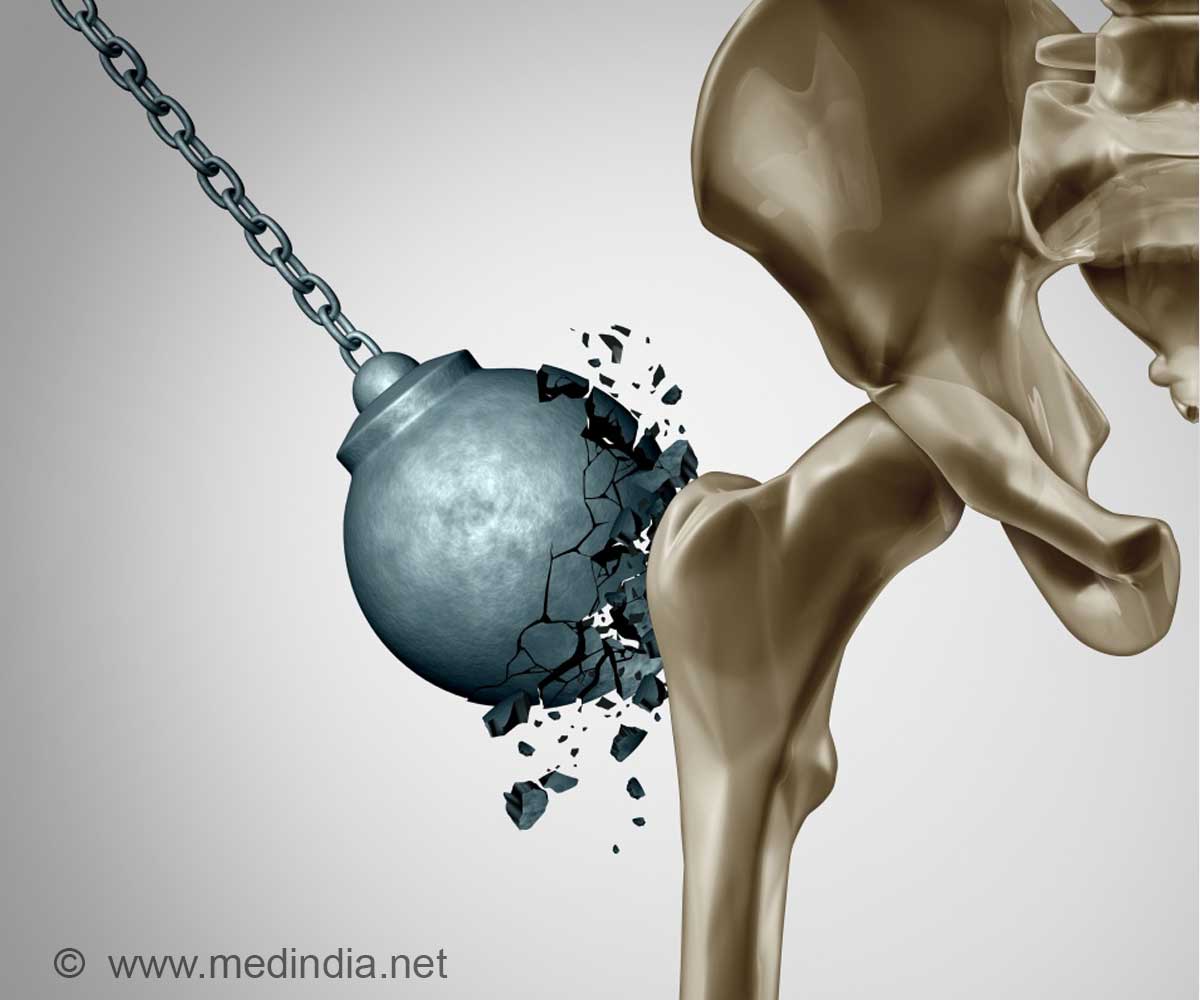
‘New genetic study highlights that bone mineral density (BMD) and muscle strength play a potentially causal role in the risk of suffering an osteoporotic fracture.’





Other clinical risk factors like vitamin D levels and calcium intake, historically considered to be crucial mediators of fracture, were not found to directly predispose people in the general population to fracture. "These findings suggest that interventions aimed at increasing bone strength are more likely to prevent fractures than widespread supplementation with vitamin D," said Dr. Brent Richards, a genetic epidemiologist at the Lady Davis Institute at the Jewish General Hospital and Professor of Medicine at McGill University, and one of the senior investigators on the paper.
"Our study, the first genome-wide association study for fracture risk, has provided important insight on the biologic mechanisms leading to fracture and how to prevent it."
An international team of researchers collaborated to examine data from 185,057 cases, and 377,201 controls part of the Genetic Factors of Osteoporosis (GEFOS) Consortium, the UKBiobank Study and the 23andMe biotech company. The study was co-led by researchers from McGill University and the Erasmus University Medical Center in Rotterdam, The Netherlands.
"Our research confirms that BMD is the most important determinant of fracture risk and that prevention strategies aimed at increasing or maintaining bone density are the most likely to be successful," Dr. Richards pointed out.
Advertisement
The researchers came to these conclusions by demonstrating that the genetic factors that lead to lowered vitamin D levels in the general population do not increase the risk of fracture.
Advertisement
However, recent large randomized controlled clinical trials have failed to confirm any benefit of vitamin D supplementation in patients without pronounced deficiency of these factors. Thus, these findings and those derived from this study highlight the need to re-assess its wide-spread use in clinical practice.
The authors do caution that patients using osteoporosis medication should not discontinue their supplements before consulting with their treating physicians.
Maintaining a healthy diet, remaining physically active, and fifteen minutes of sun exposure every day are the main pillars of a sustainable bone health. These results do also not apply to individuals with low vitamin D levels.
Source-Eurekalert



